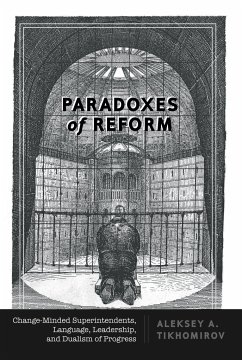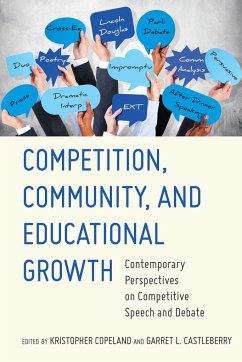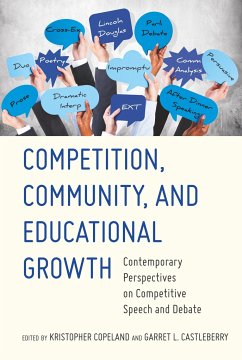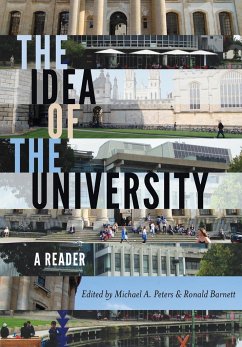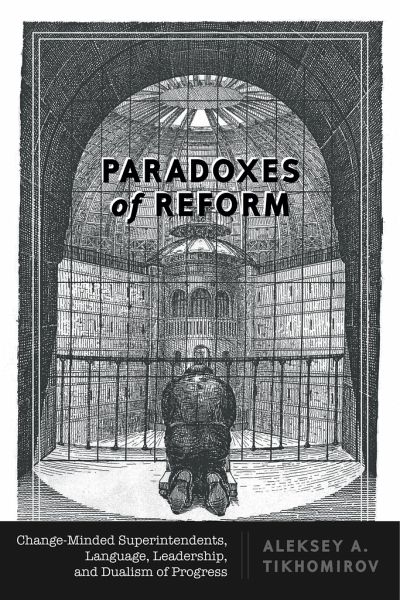
Paradoxes of Reform
Change-Minded Superintendents, Language, Leadership, and Dualism of Progress
Versandkostenfrei!
Versandfertig in 6-10 Tagen
52,40 €
inkl. MwSt.
Weitere Ausgaben:

PAYBACK Punkte
0 °P sammeln!
In this era of externally imposed mandates, regulations dominate education. Fortunately, there are schools where education thrives despite the pressures of test-driven agendas. Featured in Paradoxes of Reform: Change-Minded Superintendents, Language, Leadership, and Dualism of Progress are superintendents who manage imposed change without abandoning local visions of good schooling, and who are unafraid to uphold their own views of what is important to students. By embracing what this book calls boundary-spanning leadership and resisting the bureaucratization of the mind, these superintendents ...
In this era of externally imposed mandates, regulations dominate education. Fortunately, there are schools where education thrives despite the pressures of test-driven agendas. Featured in Paradoxes of Reform: Change-Minded Superintendents, Language, Leadership, and Dualism of Progress are superintendents who manage imposed change without abandoning local visions of good schooling, and who are unafraid to uphold their own views of what is important to students. By embracing what this book calls boundary-spanning leadership and resisting the bureaucratization of the mind, these superintendents prevent their systems from becoming schooling machines with a non-democratic or counter-educative agenda.
Dualism can reign even among leaders known for their progressive qualities, masquerading as supposedly well-intentioned school reform that, in reality, makes schools more vulnerable to the workings of bureaucratic specialization, the technical-rational approach, administrative conformism, and an instrumental perspective on education. It can transform leaders into marionettes and immobilize local school reform.
Within Paradoxes of Reform is the humbling, tantalizing reality of dualism as more endemic to schools than reformers realize and are prepared to deal with. The text asks those pursuing educational change to seek a deeper understanding of schools themselves, and probe further into the reasons underlying mixed progress.
Dualism can reign even among leaders known for their progressive qualities, masquerading as supposedly well-intentioned school reform that, in reality, makes schools more vulnerable to the workings of bureaucratic specialization, the technical-rational approach, administrative conformism, and an instrumental perspective on education. It can transform leaders into marionettes and immobilize local school reform.
Within Paradoxes of Reform is the humbling, tantalizing reality of dualism as more endemic to schools than reformers realize and are prepared to deal with. The text asks those pursuing educational change to seek a deeper understanding of schools themselves, and probe further into the reasons underlying mixed progress.





